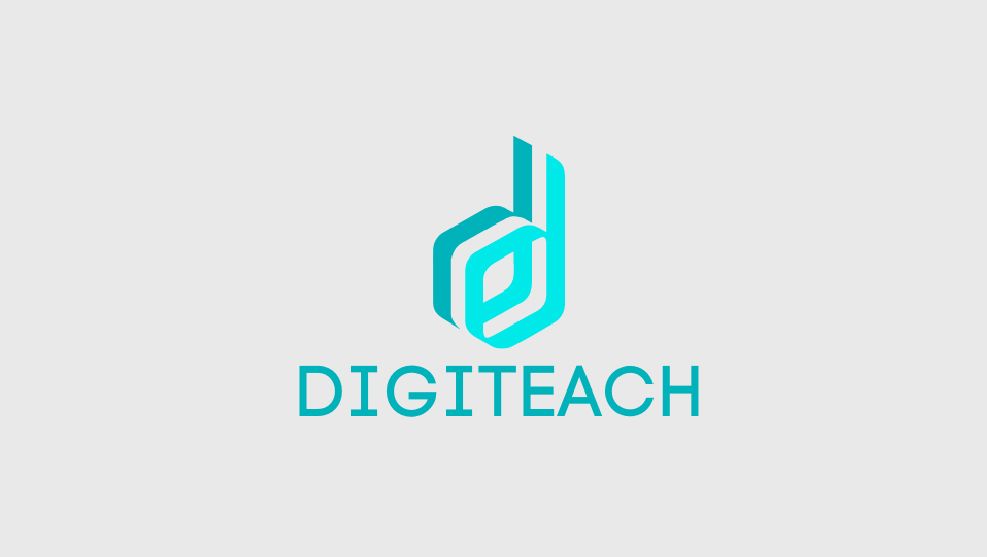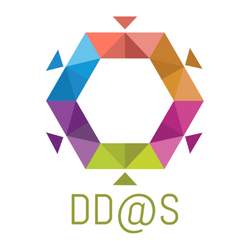ECO-CENT Releases its First Newsletter
The shift from traditional linear models of consumption to more sustainable practices offer untold opportunities for both new and existing businesses in Europe and globally. The potential challenges and benefits associated with the move towards a circular economy have put the emphasis on innovation as a key driver for sustainable economic development. In response to these developments, the ECO-CENT project aims to equip the business community to adopt socially, economically and environmentally sustainable models through provision of targeted training and facilitation local synergies between VET providers and business representatives. Find out more in the newsletter below!







